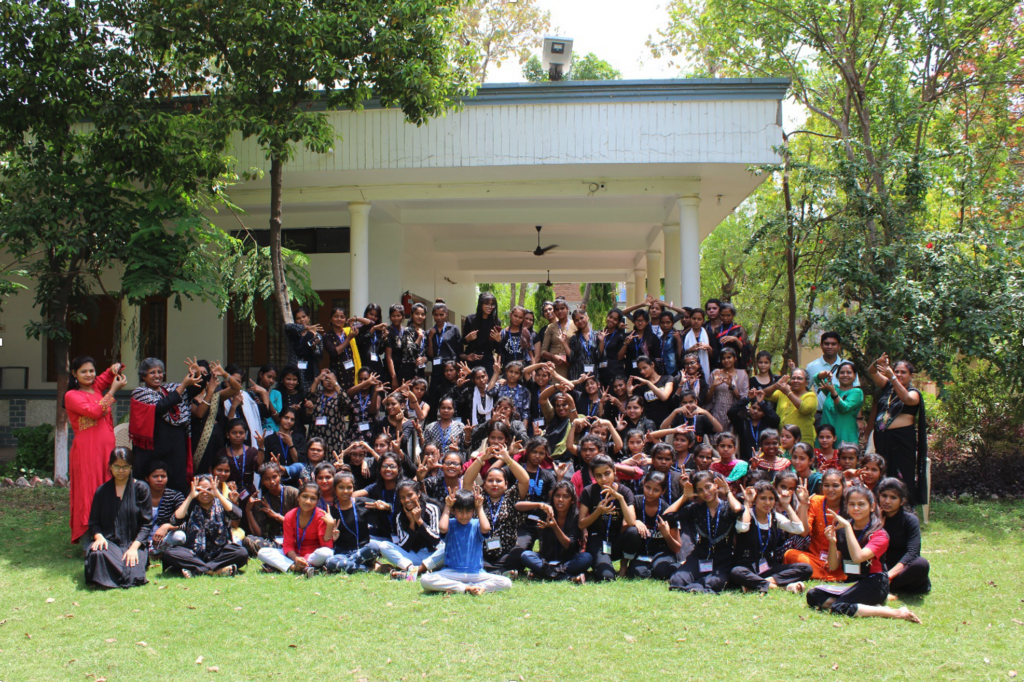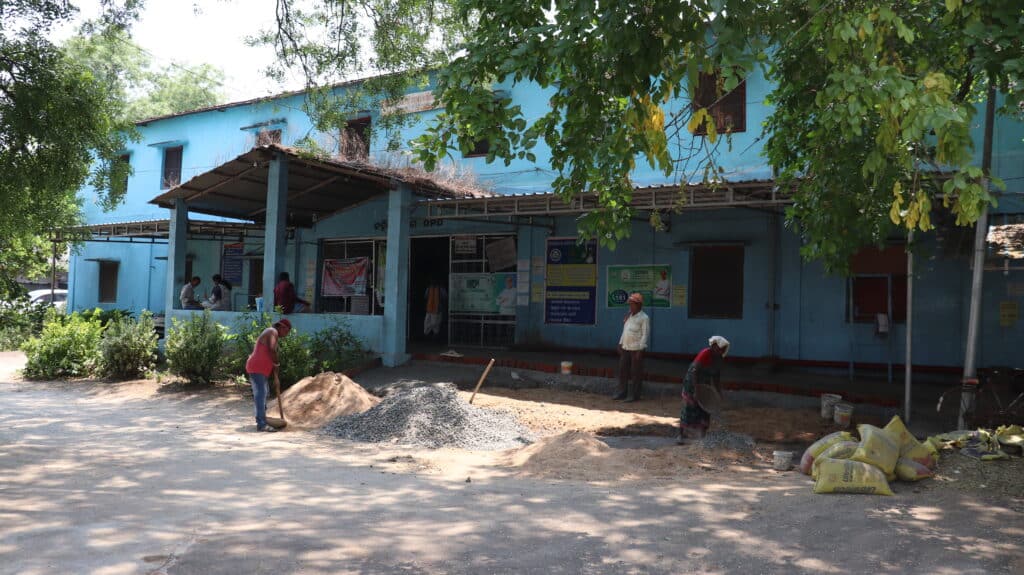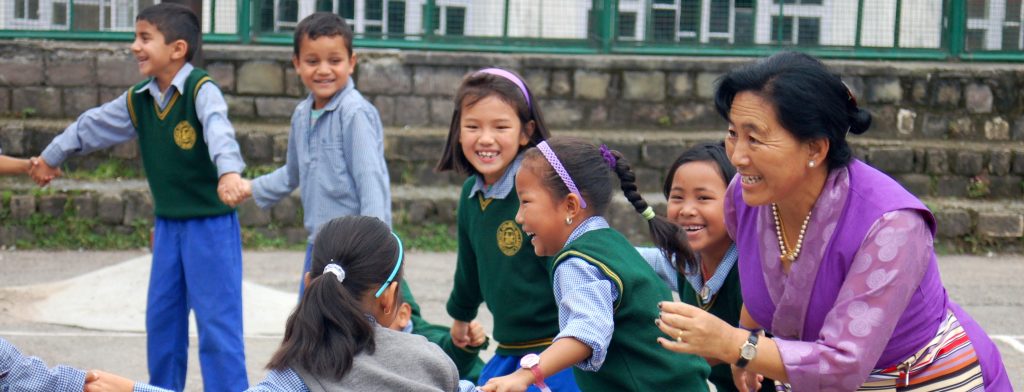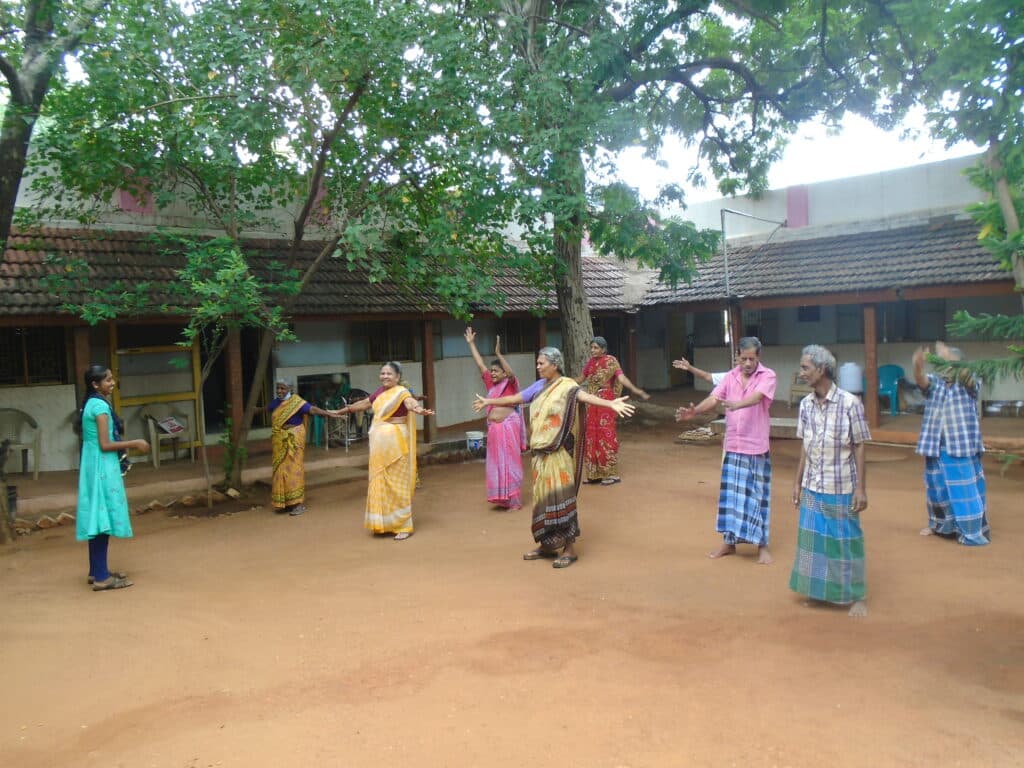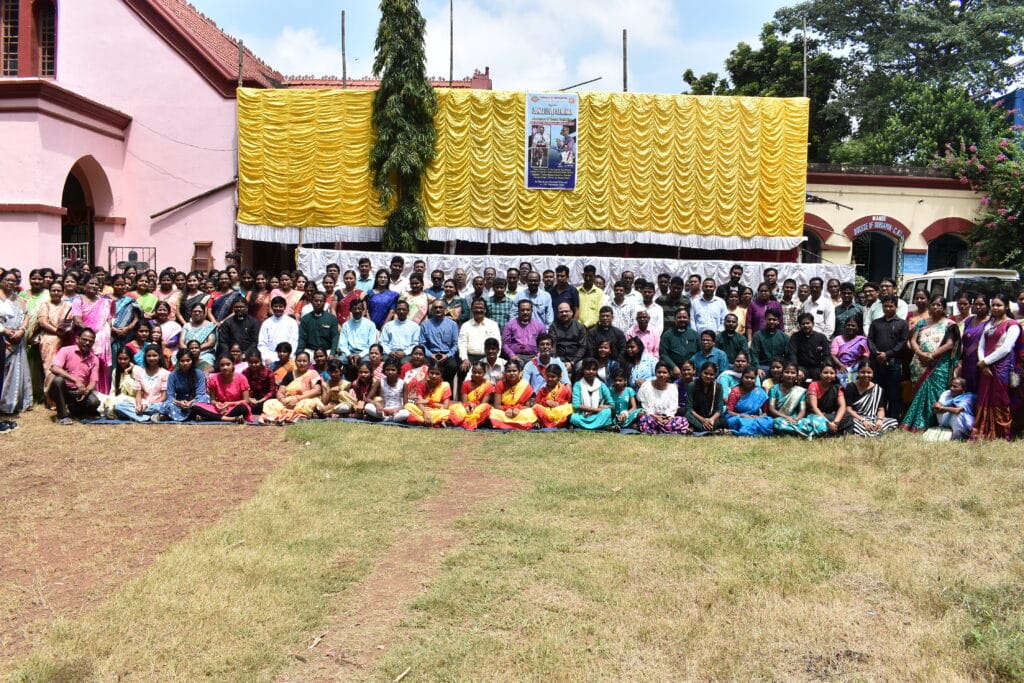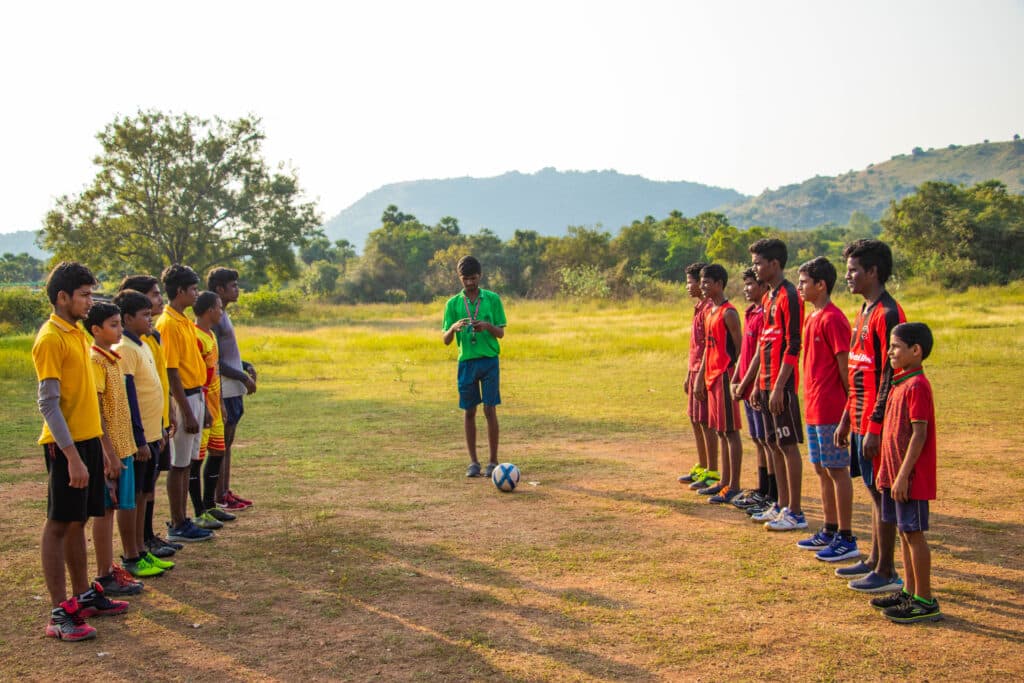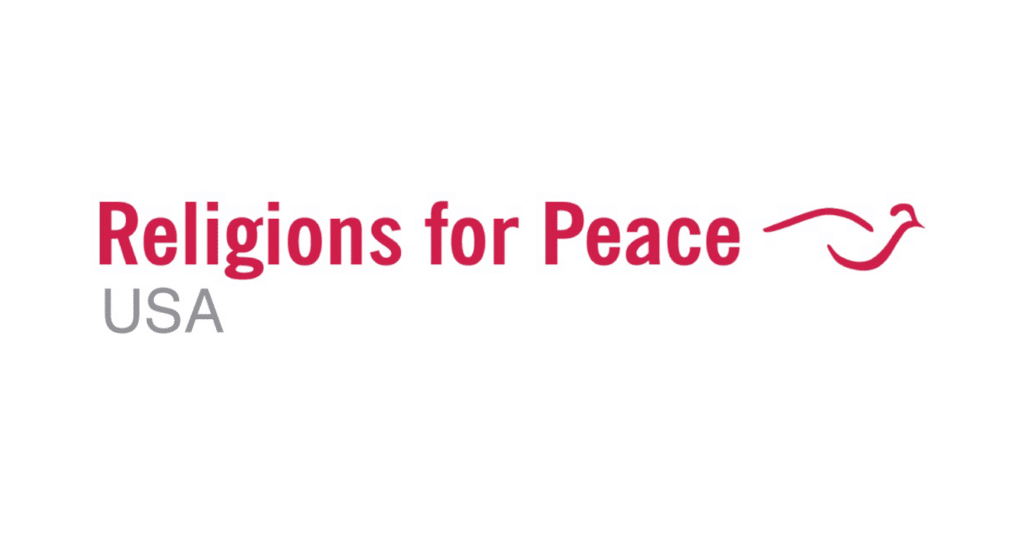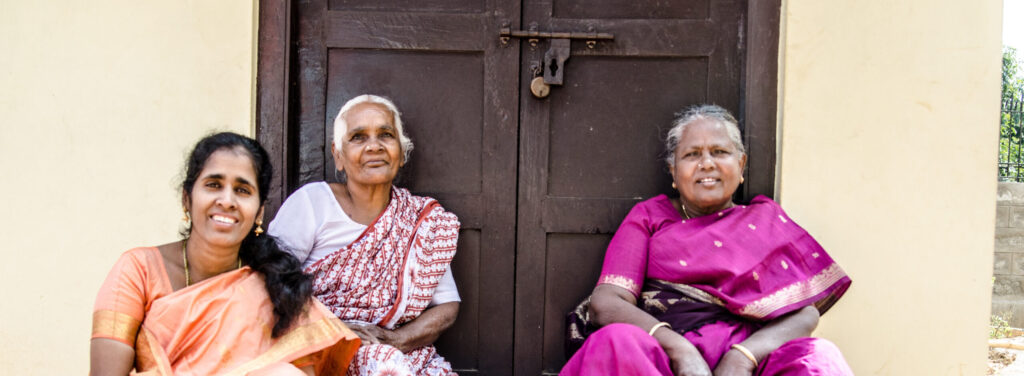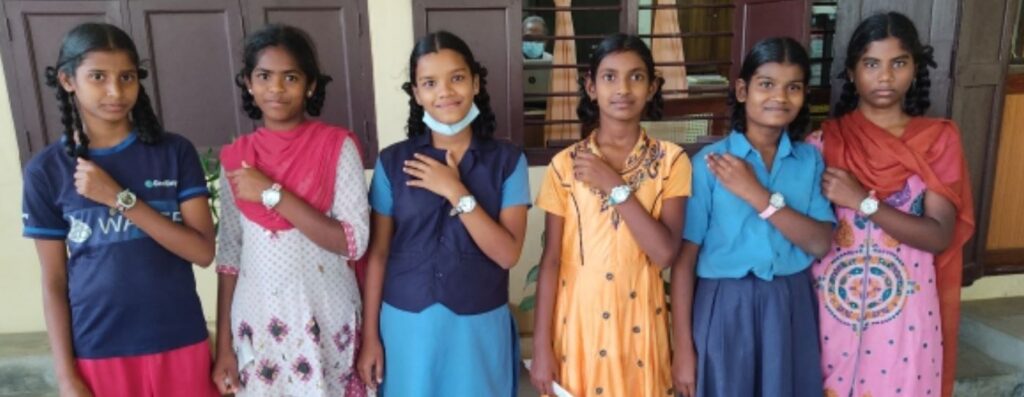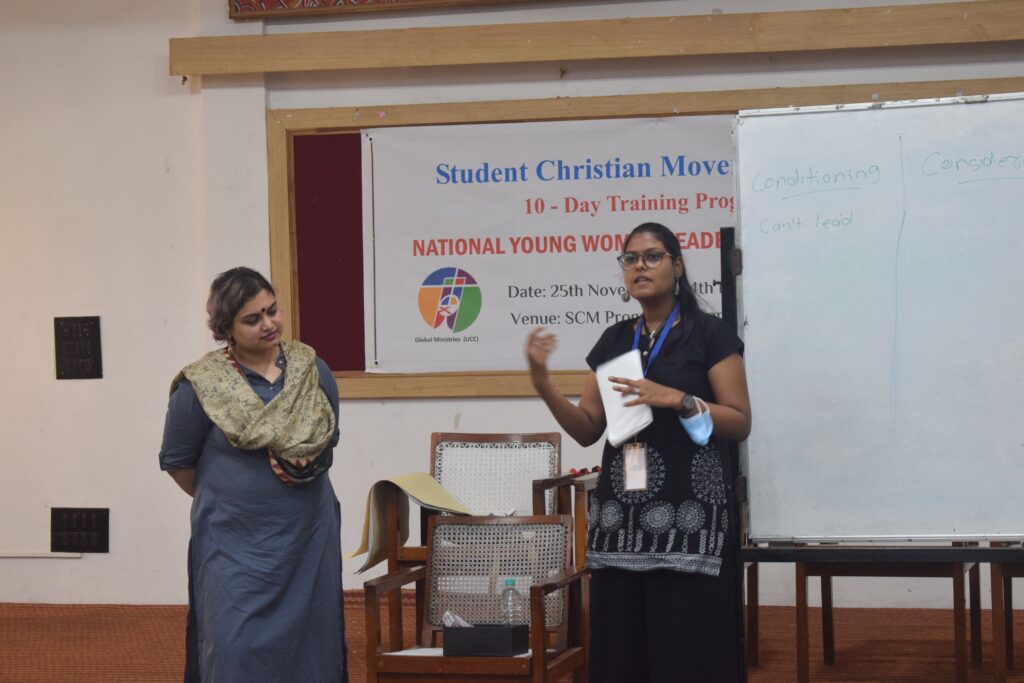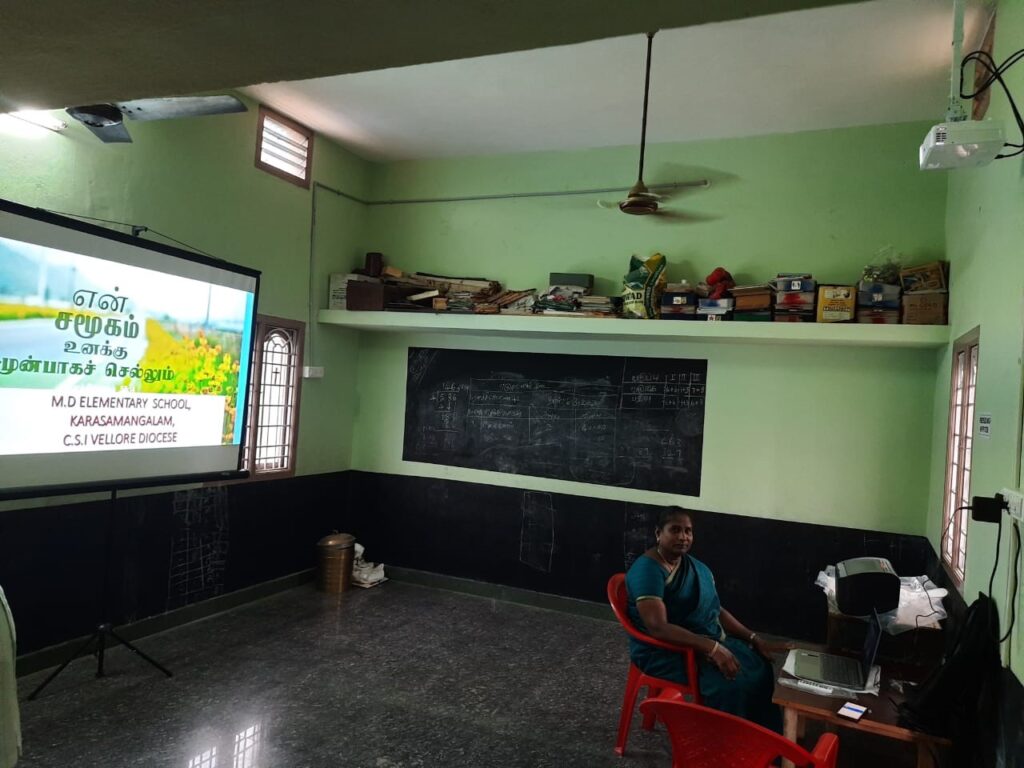The Republic of India is bordered on two sides by the Arabian Sea and the Bay of Bengal. It’s northern boundary is formed by the Himalaya Mountains. The topography of India varies from the barren dunes of the Thar Desert to the tropical forests of the state of Assam. India is approximately 1/3 the size of the U.S. (with four times the population) and has the second largest population of any nation in the world. Between 1960 and 2017, the average number of births per adult female has dropped, yet India is still on track to overtake China as the country with the world’s largest population by 2028. It is home to people of many different cultures who speak a great variety of languages. Hindi and English are commonly spoken languages but more than 20 other languages are recognized as official throughout the country. Common religions adhered to in India include Hinduism, Islam, Christianity, Sikhism, and Buddhism.
Population (2014 est) – 1,236,344,631
Area – 2,042,000mi
Capital – New Delhi
Ethnic Background
- Indo-Aryan – 72%
- Dravidian – 25%
- Mongoloid and other – 3%
Exports – petroleum products, precious stones, machinery, iron and steel, chemicals, vehicles, apparel
Imports – crude oil, precious stones, machinery, fertilizer, iron and steel, chemicals
Life Expectancy (2014 est) – M 67 years, F 69 years
Infant Mortality (2014 est) – 32 deaths/1,000 live births
Adult Illiteracy Rate – 31.7%


